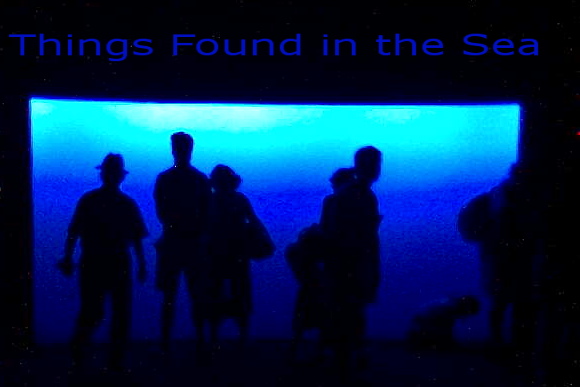 I mentioned earlier this month that BAM celebrated Paul Simon during the month of April, and of all the living American songwriters, he certainly deserves it (up there with...Bob Dylan and Stephen Sondheim??? eh?). The final set of concerts featuring Paul Simon and his music was titled "American Tunes" and were essentially some of the great hits and hidden gems in Simon's vast collection.
I mentioned earlier this month that BAM celebrated Paul Simon during the month of April, and of all the living American songwriters, he certainly deserves it (up there with...Bob Dylan and Stephen Sondheim??? eh?). The final set of concerts featuring Paul Simon and his music was titled "American Tunes" and were essentially some of the great hits and hidden gems in Simon's vast collection.
(tribute albums I should have been on)
I am not sure who picked the artists - Paul Simon himself, the programming powers at BAM or a combination? - but I do know that the line up was diverse to the point of diffuse...ambient mellow indie rock, straight up blues, and heart-on-the-sleeve male Celine Dion. The uniting element of the night was of course Paul Simon and his music, which luckily for everyone, could have made a great night of high school choirs showcasing his songs (or wait, is that a level of hell?).
The Roches started out the evening, a group of sisters who've known Paul for years. The highlight of their tiny set was "Cecelia," which Paul guested on. Frankly, I think it is next to impossible to f--- up"Cecilia," so of course everyone loved it. It also featured some of the most ridiculous, amazing dancing ever by the eldest sister.
The groups that followed - Gillian Welch, Grizzly Bear, Olu Dara, Josh Groban...(wait who? really? what? more on him in a second) - played two or three songs, usually a classic and a lesser known item, but with the exception of Grizzly Bear, the musicians stuck pretty closely to the original conception of the song. Grizzly Bear's "Mother and Child Reunion" was slowed, a bit melancholy, gauzy. Their "Graceland," a recent staple of their own shows before this, was incredibly wistful. I am a biased observer - Grizzly Bear is one of my favorite bands - but I couldn't help but feel that everyone else would have benefited from taking a few more chances musically, making their songs their own in a similar vein. Well, everyone else but Josh Groban.
 G STAR, got on this program I will never know, though I imagine that he found out the shows were happening, and told his agent, "hey I REALLY want to do that! That sounds cool!" and because he has sold about 500 times more records than all of the other guest artists combined, BOOM he was on the list. Though...he was sort of perfectly placed in what we shall call the Art Garfunkel role, singing two of the more over the top songs, both requiring fairly large ranges - "Bridge Over Troubled Water" and "America." And here is why he is the male Celine. He can sing! He can belt out those top notes! Boy is his voice full of emotion! But it was sort of shallow as all get out, though well sung, and even better, well-played (he accompanied himself on the piano). Still, in the context of a night where few musicians took artistic chances, he didn't stick out nearly as much as by all rights he should have.
G STAR, got on this program I will never know, though I imagine that he found out the shows were happening, and told his agent, "hey I REALLY want to do that! That sounds cool!" and because he has sold about 500 times more records than all of the other guest artists combined, BOOM he was on the list. Though...he was sort of perfectly placed in what we shall call the Art Garfunkel role, singing two of the more over the top songs, both requiring fairly large ranges - "Bridge Over Troubled Water" and "America." And here is why he is the male Celine. He can sing! He can belt out those top notes! Boy is his voice full of emotion! But it was sort of shallow as all get out, though well sung, and even better, well-played (he accompanied himself on the piano). Still, in the context of a night where few musicians took artistic chances, he didn't stick out nearly as much as by all rights he should have.














